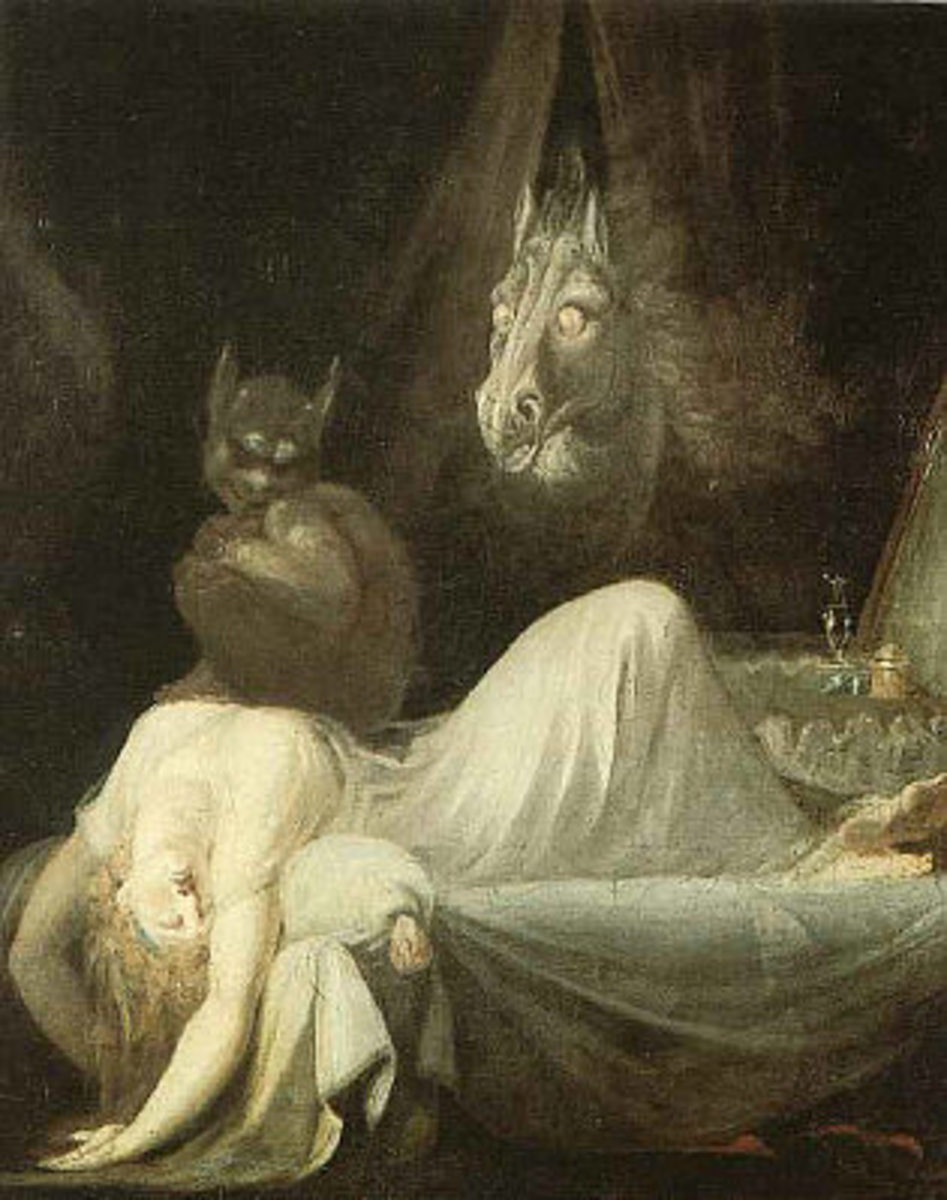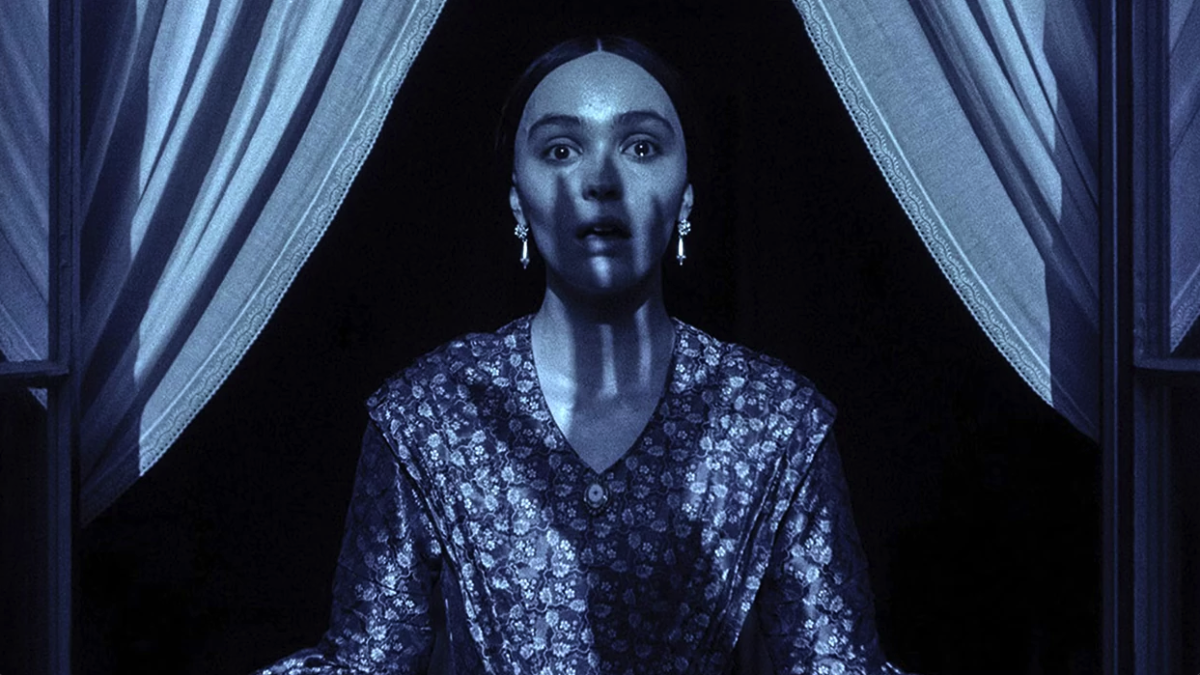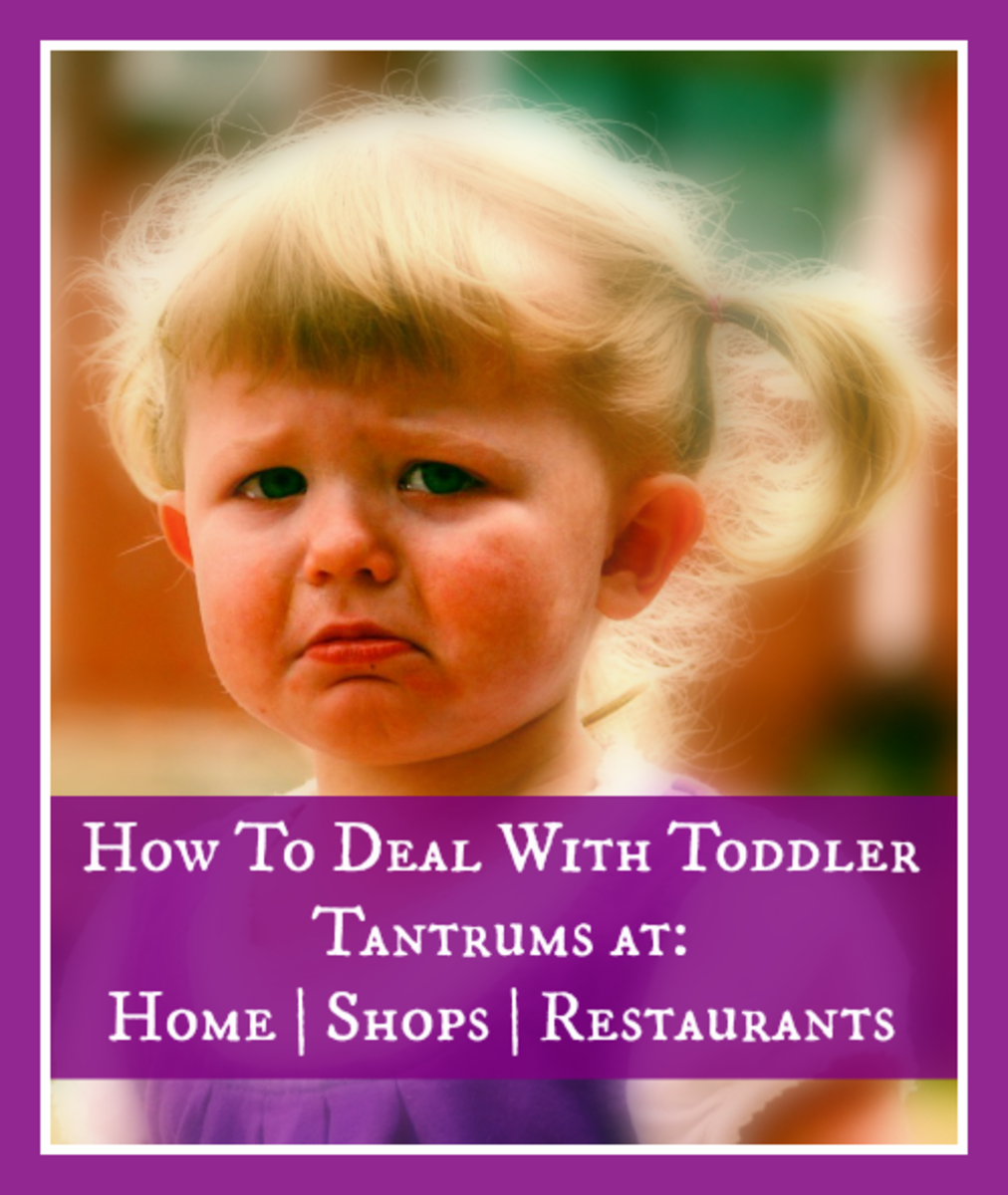Night terrors or nightmares?
You wake up in the middle of the night, your senses reeling, you're not sure what woke you and why your heart is pounding out of your chest. Then you hear it again: your child is screaming and calling your name over and over. As fast as a worried parent can move, you rush into your child's room and scoop up your baby, soothing and comforting her. Only, the more you comfort and try to calm her, the louder and louder she screams, as if you weren't even there. She thrashes desperately trying to climb out of your arms, screaming and crying for you. With tears streaming down your face you frantically reassure her you're there. You search her body for any visible signs of harm and find none. Helplessly you hold your child, rocking her, wondering what you can do for her. This scenario lasts only minutes and then it's over, just like that, with your child curling up in your arms resuming a peaceful sleep and you sitting there wondering what in the world just happened.
You have just "witnessed" a night terror. If you have ever witnessed one firsthand you will understand fully the name given it.
My daughter went through her first episode when she was only a year old. She was old enough to say my name but not old enough to tell me what was wrong and with her incessant screams I could only assume she was in terrible pain. I ran for the phone but before I could finish dialing 911 it was over. Shaken and terribly afraid, I stood vigil over my sleeping baby for hours until I was sure she would be alright.
We would endure four or five more episodes before I was enlightened as to these awful occurrences. Once I heard the term "night terrors" I took to the internet and spent hours learning everything I could on this strange phenomenon.
Symptoms of night terrors:
- The child wakes from sleep screaming, crying and oftentimes sweating.
- The child is rarely consolable.
- The child oftentimes thrashes around during a terror.
- Terrors usually happen within 1-3 hours after falling asleep.
- The child in unable to acknowledge your presence or your attempts to calm him.
- The child appears disoriented.
- The child usually falls asleep quickly after an episode has passed.
- The child has no recollection of the terror once it's over.
In the case of a nightmare a child is usually able to awaken to your prodding and can often remember their dream.
Some causes of night terrors:
- Lack of sleep.
- Change in medication.
- Traumatic events.
Treating night terrors:
- Eliminate some stress in the child's life.
- Adjusting their bedtime to give the child more sleep.
- Awakening the child before the child would normally have a terror so as to break the sleep cycle.
- Although difficult, it is better to let the terror run its course before trying to console your child as any attempts to do so could only frighten him more.
- In rare cases, medicine may be necessary.
My daughter experienced several episodes of night terrors, but once I learned what they were, it was much easier for me to deal with them. It was not until I spent an entire night on vacation holding her as she went in and out of terrors that I realized how to help her. I started the next day and put her on a strict sleep schedule. That was all it took to rid her of them. That long night was our last and she has not had a recurrence since.
My daughter is now five years old and starting school in a few months which may very well trigger them again. I hope not. At least this time I have more in my arsenal than I did before. If your child is experiencing them, I hope I have given you some added arsenal as well.
- Night Terrors Resource Center
A site dedicated to finding more information on the Sleep Disorder Night Terrors. Site includes links and a message board
- Night Terrors
Night terrors are common in younger children, who may 'wake' up screaming and crying and are inconsolable as you try to comfort them.
- Night Terrors
More serious than nightmares, night terrors are sleep events that occur in children during the transition from stage 3 non-REM sleep to stage 4 non-REM sleep, characterized by frequent recurrent episodes of intense crying and fear during sleep, with






